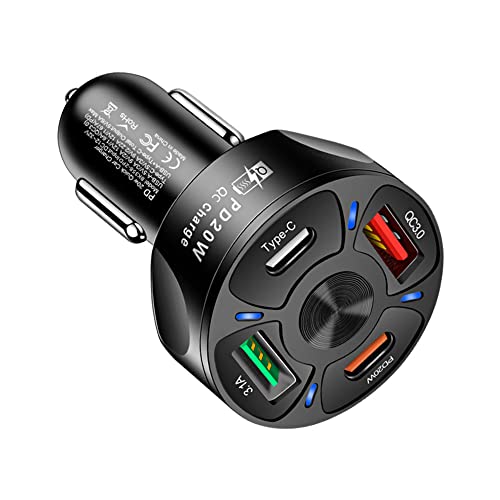Hello. I am curious what eMPG folks are able to get. When I speak to my friends about it I tell them the EPA estimate is very vague as many variable are different based on where you live. The variables I use to calculate are as follows:
Cost of electricity. KWH. Very cheap in Loveland Colorado 6-7 cents kwh
Cost of gasoline. Per gallon $3.60
Efficiency of charging. This is where it's difficult to get accurate but I'm using a 80% efficiency
Actual KW of the battery that can be charged. 19.7 KW
Using these values and driving my 48 mile round trip commute which is 40% city and 60% highway the best I have achieved is 232 eMPG.
Any corrections in my math? What are you getting?
Cost of electricity. KWH. Very cheap in Loveland Colorado 6-7 cents kwh
Cost of gasoline. Per gallon $3.60
Efficiency of charging. This is where it's difficult to get accurate but I'm using a 80% efficiency
Actual KW of the battery that can be charged. 19.7 KW
Using these values and driving my 48 mile round trip commute which is 40% city and 60% highway the best I have achieved is 232 eMPG.
Any corrections in my math? What are you getting?



































